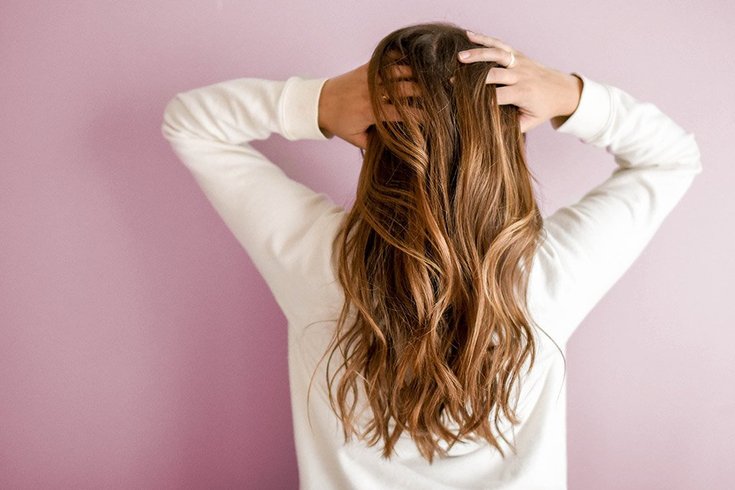
December 04, 2019
 Element5 Digital/Pexels
Element5 Digital/Pexels
A new study conducted by the National Institute of Environmental Health Sciences found that women who dye their hair have a 9% increase of developing breast cancer. African American women who dyed their hair every five to eight weeks or more were 60% more likely to develop breast cancer.
Using dyes and straighteners can seem like a fun way to experiment with different hair styles, but according to a new study these may increase a person's risk of developing breast cancer.
The study published in the International Journal of Cancer linked an elevated risk of developing breast cancer among women who frequently use hair dyes and straighteners.
The research was conducted as part of a National Institute of Environmental Health Sciences project called Sisters Study.
Researchers examined data from 46,709 women and found that those who regularly dyed their hair using permanent dyes were 9% more likely to develop breast cancer than women who didn't dye their hair.
There were no breast cancer risk associated with semi-permanent or temporary hair dyes.
Black women who dyed their hair at least every five to eight weeks had a 60% increased risk of developing breast cancer, while white women who used dyes with the same frequency were 8% more at risk for breast cancer.
It wasn't just hair dye that presented problems. Hair straighteners were also found to increase the risk significantly.
Women who used straighteners every five to eight weeks or more were 30% more likely to develop breast cancer. This rate was the same among all women, but researchers note that African American women were more likely to use hair straightener.
"We are exposed to many things that could potentially contribute to breast cancer, and it is unlikely that any single factor explains a woman’s risk," Dr. Dale Sandler, one of the authors of the study, said. "While it is too early to make a firm recommendation, avoiding these chemicals might be one more thing women can do to reduce their risk of breast cancer."
Follow Virginia & PhillyVoice on Twitter: @vastreva | @thePhillyVoice
Like us on Facebook: PhillyVoice
Add Virginia's RSS feed to your feed reader
Have a news tip? Let us know.